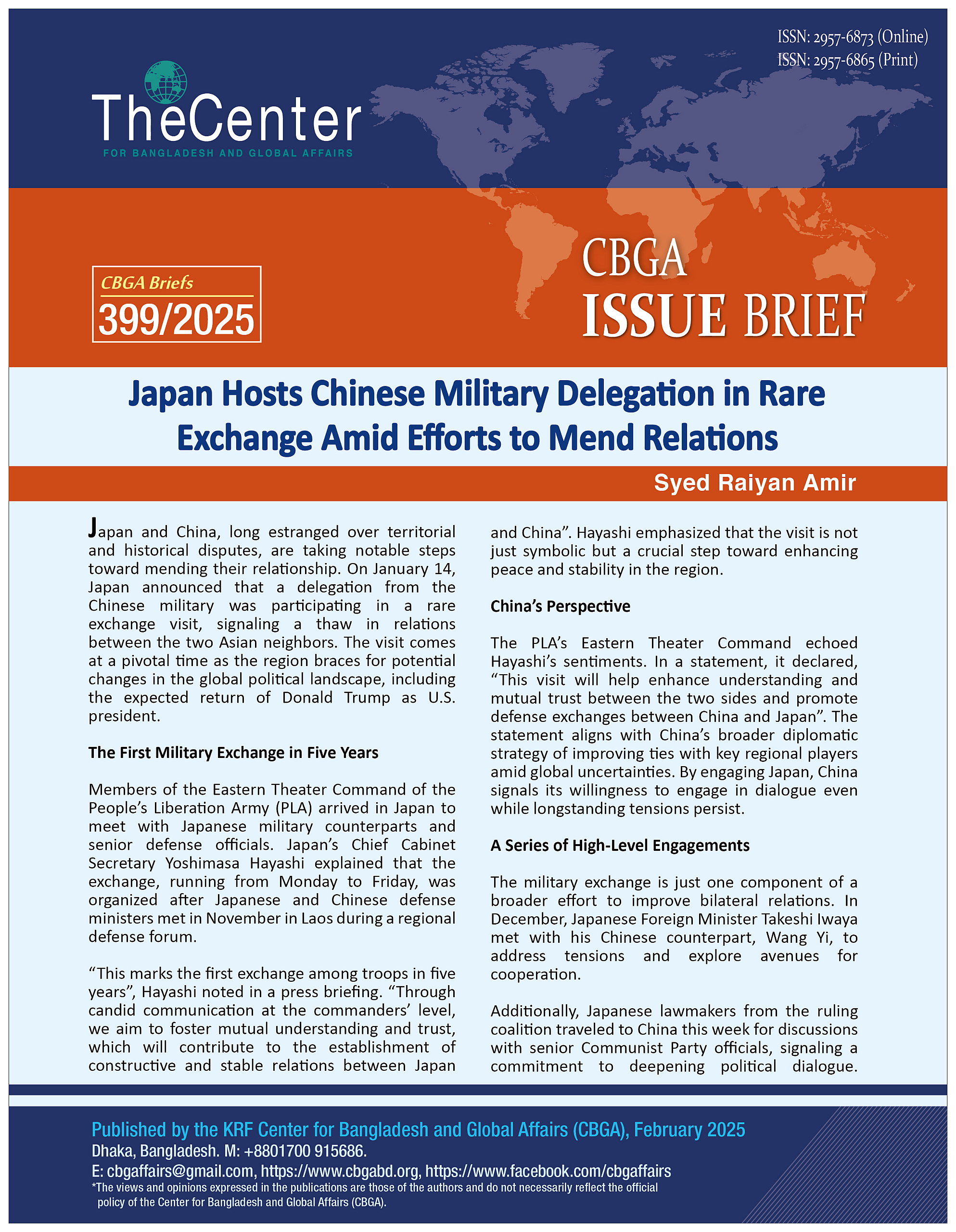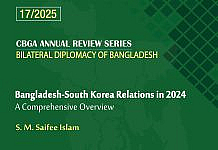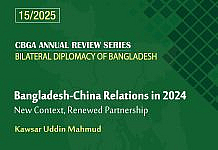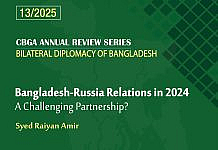
Japan and China, long estranged over territorial and historical disputes, are taking notable steps toward mending their relationship. On January 14, Japan announced that a delegation from the Chinese military was participating in a rare exchange visit, signaling a thaw in relations between the two Asian neighbors. The visit comes at a pivotal time as the region braces for potential changes in the global political landscape, including the expected return of Donald Trump as U.S. president.
The First Military Exchange in Five Years
Members of the Eastern Theater Command of the People’s Liberation Army (PLA) arrived in Japan to meet with Japanese military counterparts and senior defense officials. Japan’s Chief Cabinet Secretary Yoshimasa Hayashi explained that the exchange, running from Monday to Friday, was organized after Japanese and Chinese defense ministers met in November in Laos during a regional defense forum.
“This marks the first exchange among troops in five years,” Hayashi noted in a press briefing. “Through candid communication at the commanders’ level, we aim to foster mutual understanding and trust, which will contribute to the establishment of constructive and stable relations between Japan and China.” Hayashi emphasized that the visit is not just symbolic but a crucial step toward enhancing peace and stability in the region.
China’s Perspective
The PLA’s Eastern Theater Command echoed Hayashi’s sentiments. In a statement, it declared, “This visit will help enhance understanding and mutual trust between the two sides and promote defense exchanges between China and Japan.” The statement aligns with China’s broader diplomatic strategy of improving ties with key regional players amid global uncertainties. By engaging Japan, China signals its willingness to engage in dialogue even while longstanding tensions persist.
A Series of High-Level Engagements
The military exchange is just one component of a broader effort to improve bilateral relations. In December, Japanese Foreign Minister Takeshi Iwaya met with his Chinese counterpart, Wang Yi, to address tensions and explore avenues for cooperation.
Additionally, Japanese lawmakers from the ruling coalition traveled to China this week for discussions with senior Communist Party officials, signaling a commitment to deepening political dialogue. Japan’s Minister of Agriculture is also set to visit China, underlining the countries’ interest in strengthening economic and agricultural cooperation.
National security advisor Takeo Akiba’s November trip to China further underscores Japan’s strategic push to engage Beijing. Akiba held substantive talks with Wang Yi, laying the groundwork for potential high-level visits.
Anticipating a State Visit by Xi Jinping
Japan appears to be paving the way for a significant diplomatic event: a potential state visit by Chinese President Xi Jinping. While Xi has not undertaken an official visit to Japan since assuming the presidency, aside from attending the 2019 G20 summit in Osaka, Tokyo is reportedly working to extend a formal invitation. According to the Nikkei business daily, Japan is expected to host Wang Yi next month to finalize details for Xi’s visit. Such a high-profile trip would mark a major milestone in Japan-China relations, signaling a mutual commitment to dialogue despite persistent disagreements.
The Context of Japan-China Relations
Japan and China’s relationship has been historically fraught with challenges. Territorial disputes over the Senkaku/Diaoyu Islands in the East China Sea, coupled with memories of Japan’s wartime aggression during World War II, have fueled animosity. In recent years, additional strains have emerged over China’s growing military assertiveness in the region, Japan’s alignment with U.S. security policies, and trade-related tensions. However, recent events suggest a shift in tone. Both nations appear to recognize the strategic necessity of cooperation, particularly in the face of global uncertainties such as shifting U.S. foreign policy priorities and the lingering economic impact of the COVID-19 pandemic.
Regional Implications
The renewed military exchanges and diplomatic engagements hold significant implications for the region. Japan and China, as Asia’s two largest economies, wield considerable influence over regional stability. A cooperative relationship could help ease tensions in hotspots like the East and South China Seas, where territorial disputes and freedom-of-navigation concerns have heightened the risk of conflict. Furthermore, Japan and China’s willingness to engage in dialogue sets a positive precedent for managing disputes through diplomacy rather than confrontation.
Navigating U.S.-China-Japan Dynamics
The timing of these exchanges is noteworthy. As speculation grows over Donald Trump’s return to the U.S. presidency, both Japan and China may be recalibrating their strategies to navigate a potentially volatile geopolitical environment. During Trump’s first term, his administration’s hardline stance on China and emphasis on “America First” policies strained U.S.-China relations. Japan, a key U.S. ally, found itself balancing its security partnership with Washington and its economic ties with Beijing.
The prospect of Trump’s return could reignite tensions, pushing Japan and China to seek a more stable bilateral relationship as a buffer against external uncertainties.
Challenges Ahead
Despite these promising developments, significant challenges remain. The territorial dispute over the Senkaku/Diaoyu Islands remains unresolved, with both sides maintaining competing claims. Additionally, Japan’s concerns over China’s military buildup and assertive behavior in the East and South China Seas continue to fuel suspicion.
Historical grievances also linger. Many in Japan view China’s criticism of its wartime conduct as excessive, while China perceives Japan’s acknowledgment of past atrocities as insufficient. These historical tensions complicate efforts to build trust and deepen cooperation.
Japan’s alignment with U.S. security policies, including its participation in initiatives like the Quad—a security grouping that includes the United States, Australia, and India—has been viewed warily by Beijing. Similarly, China’s increasing ties with Russia have raised concerns in Tokyo about potential strategic alignments that could undermine Japan’s security interests.
The Path Forward
For Japan and China, the path to stable relations lies in fostering trust through sustained dialogue and practical cooperation. The recent military exchange is a positive step, but it must be followed by consistent efforts to address underlying tensions.
Economic collaboration, in particular, offers a promising avenue for improving ties. Both nations share strong trade links, and strengthening economic interdependence could serve as a stabilizing factor in their relationship.
Managing disputes through established communication channels, including military hotlines and regular diplomatic consultations, could help prevent misunderstandings and reduce the risk of conflict.
Finally, the anticipated state visit by Xi Jinping could provide an opportunity for Japan and China to set a new tone for their relationship. By focusing on common interests—such as regional stability, economic recovery, and addressing global challenges like climate change—they could demonstrate their commitment to building a constructive partnership.
Conclusion
Japan’s decision to host a Chinese military delegation for the first time in five years reflects a cautious but meaningful step toward improving bilateral relations. While significant obstacles remain, these exchanges highlight the potential for dialogue and cooperation to transform a historically adversarial relationship. As Japan and China navigate a complex geopolitical landscape, their ability to build trust and foster mutual understanding will be critical not only for their bilateral ties but also for the broader stability of the Asia-Pacific region. Whether this recent thaw leads to enduring progress will depend on both nations’ willingness to address underlying issues while capitalizing on opportunities for collaboration.
– Syed Raiyan Amir is a Senior Research Associate at the KRF Center for Bangladesh and Global Affairs (CBGA).







